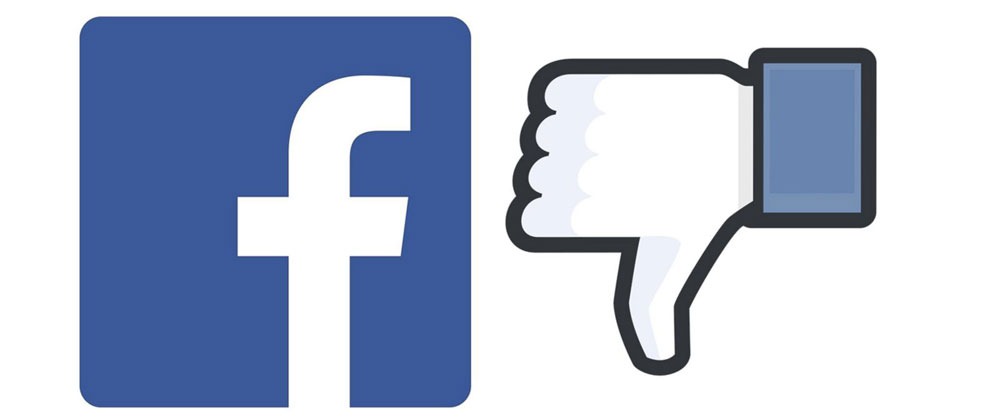
April 2, 2020; AdWeek
Last week, Google News Initiative (GNI), the tech giant’s $300 million-dollar initiative to support quality journalism in the digital age, announced that it was providing $6.5 million in funding to fight misinformation about the COVID-19 pandemic. The organizations receiving funding range from fact-checking nonprofits, such as First Draft to science-focused organizations like the American Association for the Advancement of Science.
“Helping the world make sense of this information requires a broad response, involving scientists, journalists, public figures, technology platforms and many others,” said Alexios Mantzarlis, News and Information Credibility Lead at Google News Lab.
The ultimate goal of the initiative is to reduce confusion and anxiety related to misinformation on COVID-19. Mantzarlis cites the World Health Organization when stating that an overabundance of information can make it more challenging for individuals to get the guidance they need to take precautions. In addition to information overload, there is also politicized, exaggerated, and incorrect data being fed into individual media sources, which, given the topic at hand, could have immediate, dire consequences.
This is the latest of GNI’s efforts to invest in fact-based digital journalism after its launch two years ago. Since then, it has released data tools, trainings, and networks to support media professionals and help journalists obtain factual information. There has been some criticism that while these efforts are necessary, this is an attempt by Google to control information and propagate use of its own tools.
Sign up for our free newsletters
Subscribe to NPQ's newsletters to have our top stories delivered directly to your inbox.
By signing up, you agree to our privacy policy and terms of use, and to receive messages from NPQ and our partners.
Indeed, GNI’s launch followed broad-scale criticism of the role of big tech—namely Google, Facebook, and Twitter—in the spread of misinformation following the 2016 election. In response, some companies have started to change their business practices to mend the public trust, including Twitter’s CEO Jack Dorsey’s announcement in the fall that Twitter would no longer run political ads. (Dorsey also pledged $1 billion to the fight against COVID-19, approximately a third of his net worth.)
Facebook, on the other hand, has continued to double down on its hands-off approach to moderating false information on its site, frustrating its employees and the general public. So, when it made a similar announcement that it was providing $1 million in support to under-resourced newsrooms in the face of COVID-19, it rang hollow.
There is something to be gleaned from the type of giving that Facebook is doing right now, though. The million dollars is being distributed in a large number of small grants (~$5,000) to help more local newsrooms stay afloat during this crisis. But $5,000 is pocket change, a metaphorical coin thrown at a beggar impoverished by the giver. Even as advertising revenue, which many newsrooms still depend on to some extent, has been declining since the crisis began, as tends to occur during downturns, local news outlets have been experiencing a sharp peak in readership as citizens try to make sense of what is happening in their own communities. Readers who used to turn first to national news are now going to state and county news sources first, a dynamic explored in Ruth McCambridge’s recent story.
But too often, we simply thank the alms-giver and move along. Nancy Lane, CEO of the Local Media Association, states, “Covering coronavirus at the local level is a struggle for many small-to mid-size publishers who are already resource-challenged. These grants will go a long way to help them provide vital information to their communities.”
Five thousand dollars does not, in fact, go a long way. Now’s the time to invest in local news, since it is poised to build the local engagement that will be the key to long-term impact. And, they are immediately accountable to the people they serve, a real plus in these times.—Danielle Holly and Ruth McCambridge













